Arts and Humanities
Explore Arts and Humanities
No Results Found
The page you requested could not be found. Try refining your search, or use the navigation above to locate the post.
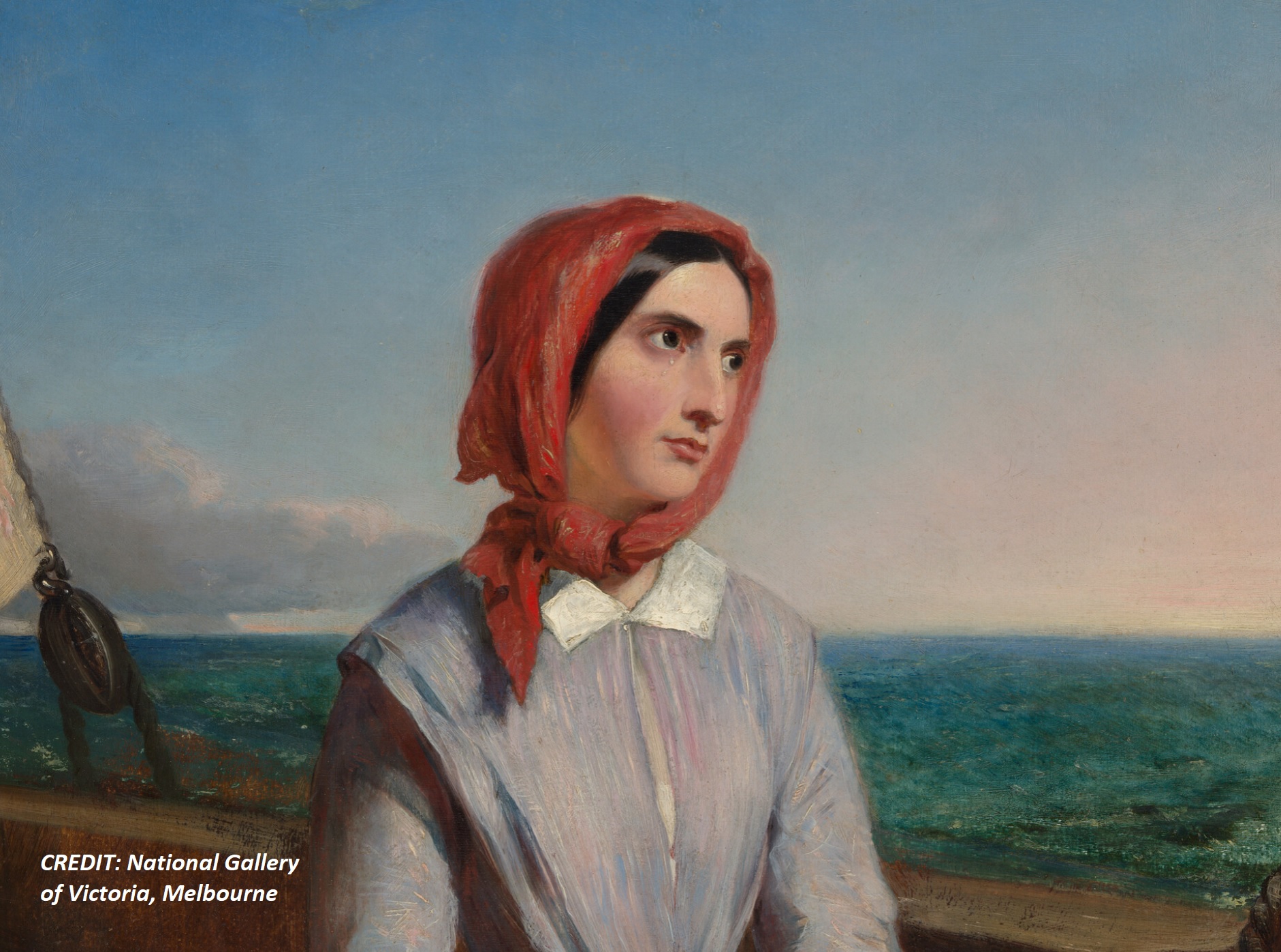
Dr Tony Ward | Why Do Many Migrants Retrace their Steps? Clues from 19th Century Australia
Migrants travel hopefully, dreaming of better lives. Some are successful, some less so. Many in both groups ultimately decide to return to their home country. Dr Tony Ward, a University of Melbourne historian, is himself a migrant, and descended from a family that returned from Australia. He sought out other stories of return migration from Australia to the UK in the 19th Century. His studies shed light on more general questions. How many migrants return? Which migrants are more likely to make the trip home? And why?
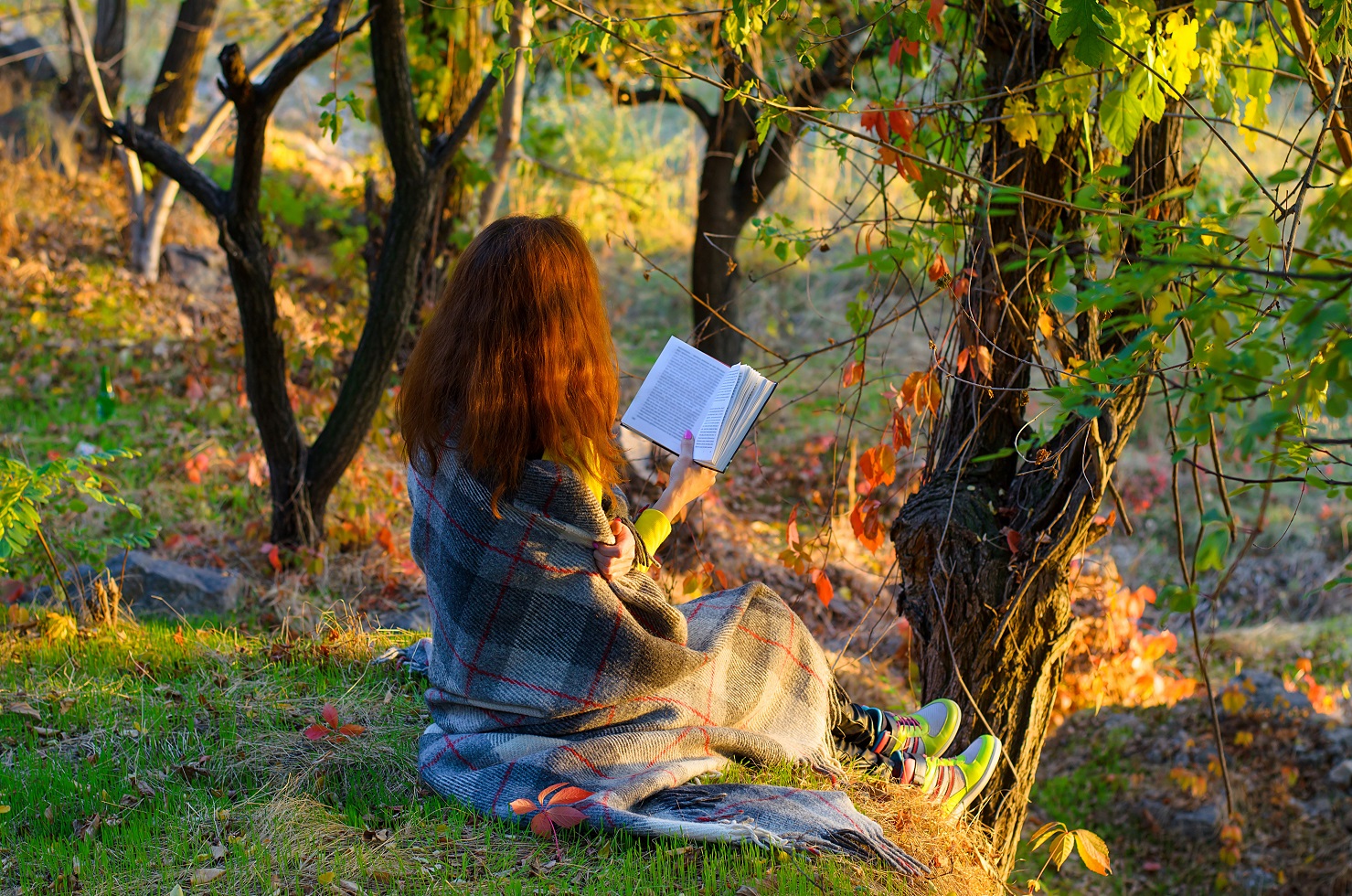
Professor George Micajah Phillips | What Early-20th-Century Writers Can Teach Us About Life During Environmental Uncertainty
A new way of reading and engaging with modernist authors such as Virginia Woolf and Karel Čapek might help us to better understand our time of environmental uncertainty. In his recent paper, Professor George Micajah Phillips of Franklin College draws on formalism and material feminism to argue for a new approach in modernist studies, which he terms ‘formalist materialism’. This approach may enable us to engage with early-twentieth-century modernist texts in fascinating new ways, helping us to form fresh understandings of climate change, outside of standard, crisis-oriented narratives.
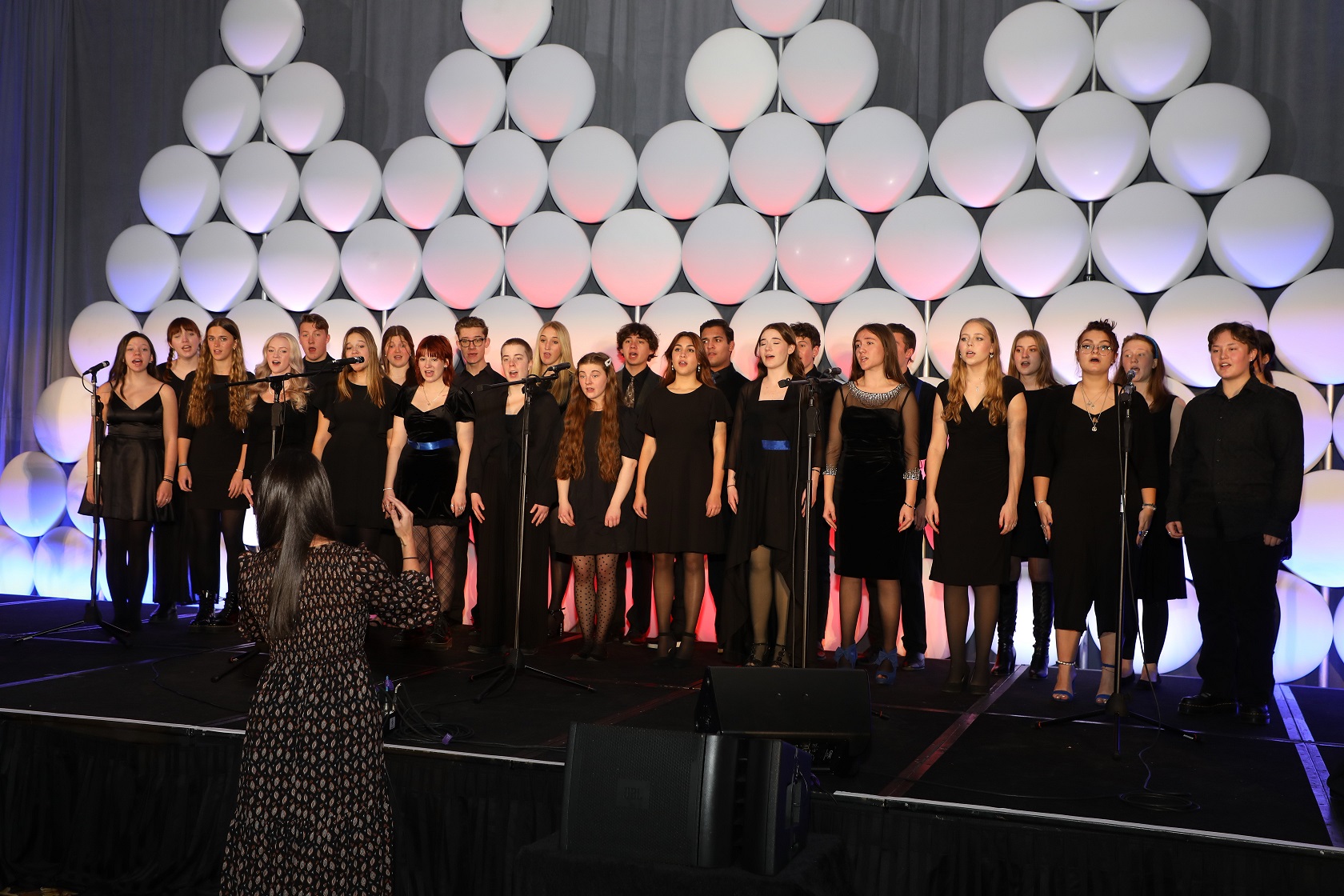
Austina Lee | Gareth Dylan Smith – The Role of Love and Community in American Schools
Capitalism and neoliberalism inform the way in which children in the USA are schooled. Mainstream education prioritises standardisation and conformity, and may not help students develop a sense of themselves, or tools to create good relationships with others. In a recent paper, teachers Austina Lee and Gareth Dylan Smith explore how this can be challenged through ‘punk’ pedagogy. They use the case study of a high-school choir to demonstrate how their ideas can be put into practice.
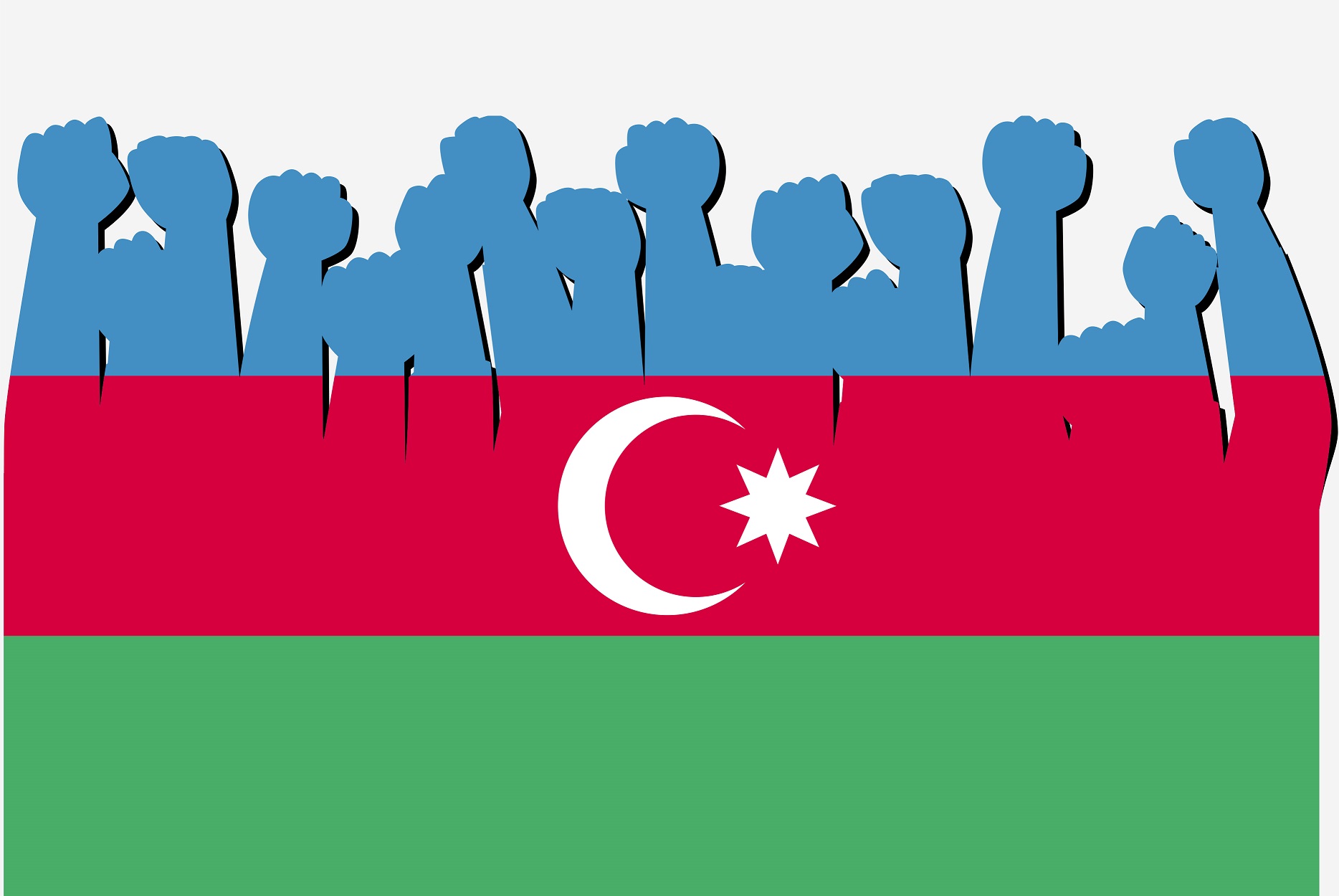
Dr Audrey L. Altstadt – Exploring the Tortuous History of Two Political Prisoners in Azerbaijan
Human rights defenders Leyla and Arif Yunus played a crucial role in Azerbaijan’s politics and modern history. After being sentenced to 8.5 years in jail by the Azerbaijani government and being released due to health issues, Leyla and Arif Yunus shared the suffering and torture they endured as regime opponents and political prisoners in a book entitled The Price of Freedom. Dr Audrey L. Altstadt, a Professor of History at the University of Massachusetts Amherst, recently published a short article outlining the dynamics underlying the arrest of the two political activists and the struggle described in their book.
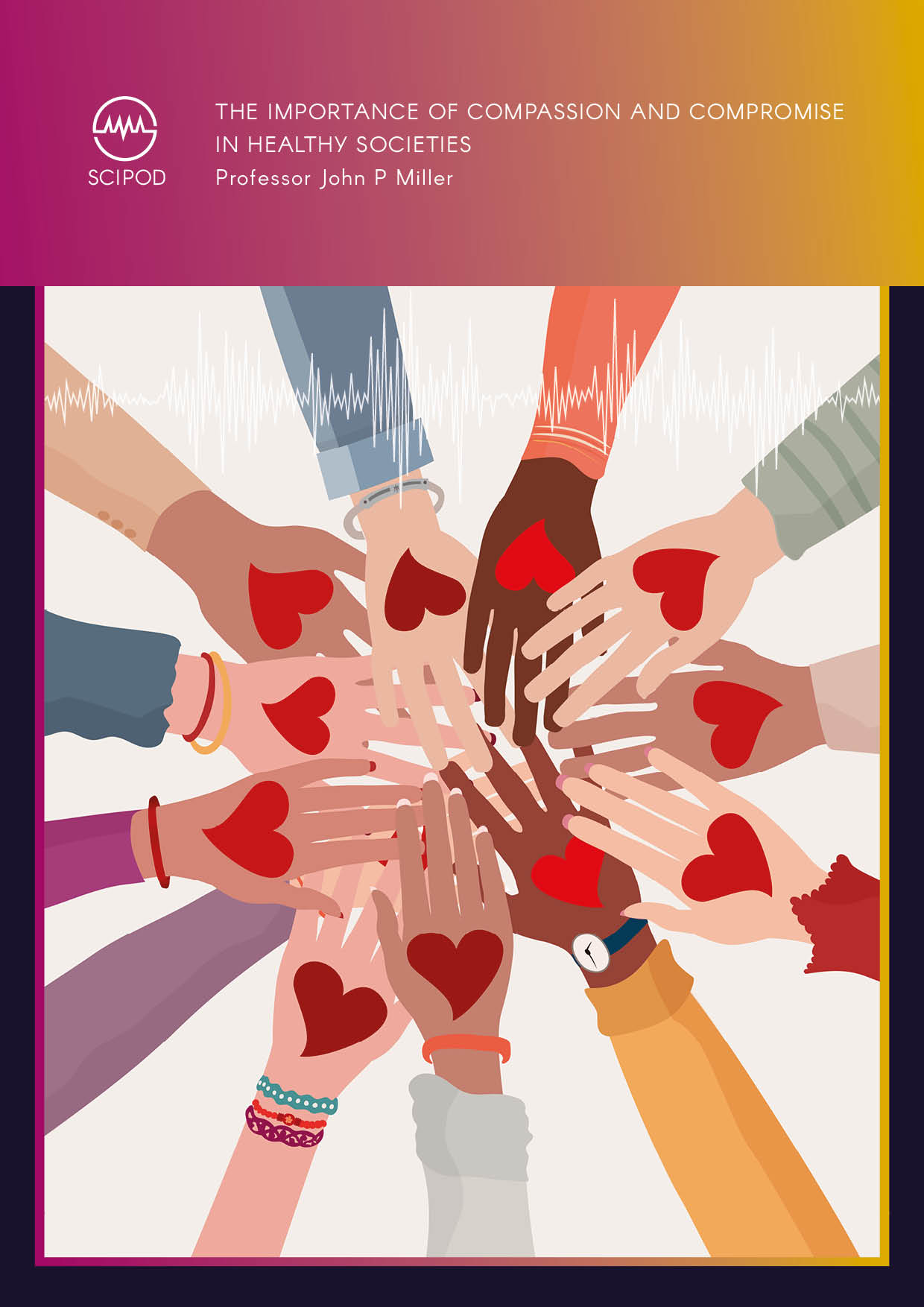
Professor John P Miller | The Importance of Compassion and Compromise in Healthy Societies
In a recent paper, Professor John P Miller discusses the importance of mutual accommodation and compassion in preserving democracies and ensuring we can tackle some of our biggest global problems. He highlights the way in which Canada has become a more tolerant, cooperative, inclusive society by emphasising the role of compromise and compassion. Using examples from education, he shows how we can nurture these qualities in children and young adults.
Increase The Impact Of Your Research!
Explore partnership opportunities
Unwind without the hassle. Enjoy fresh audiobooks, delivered free!
